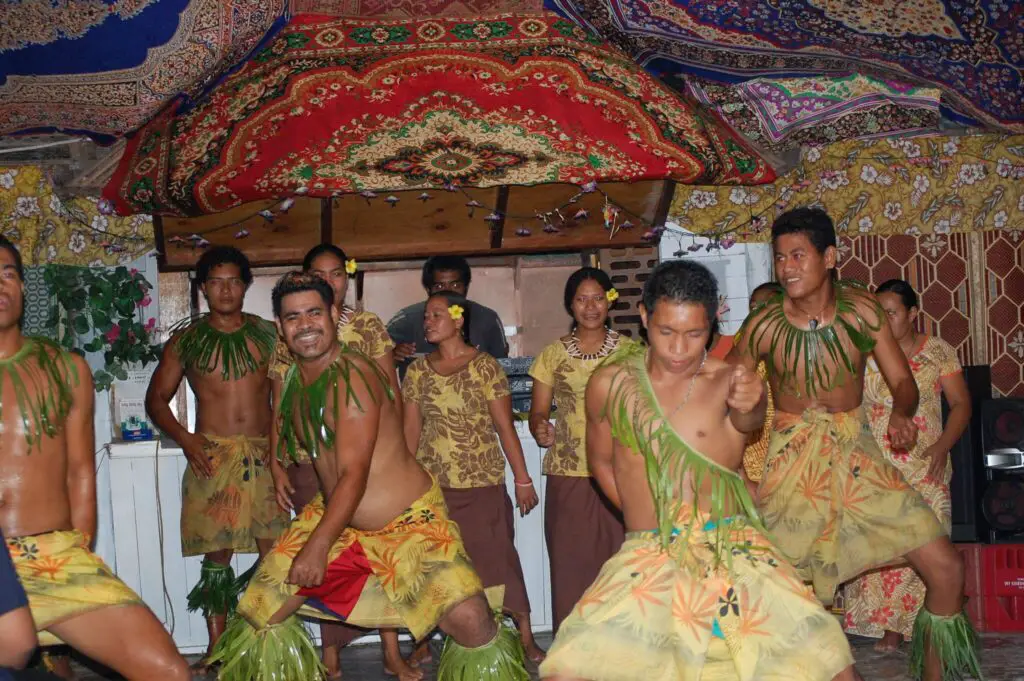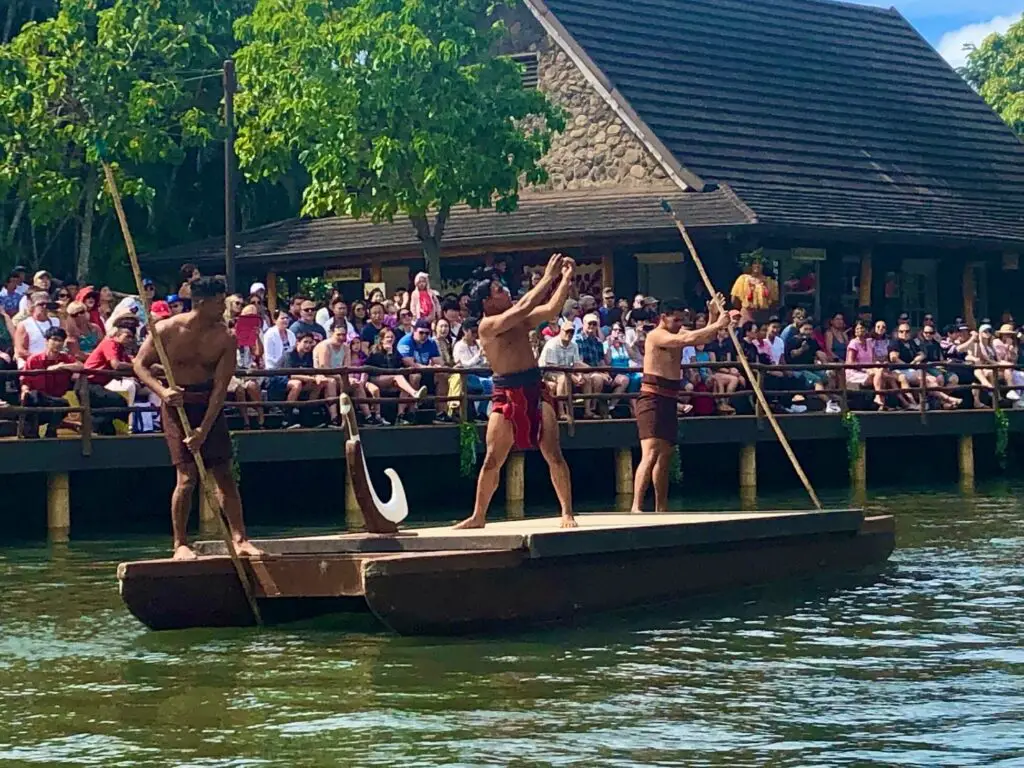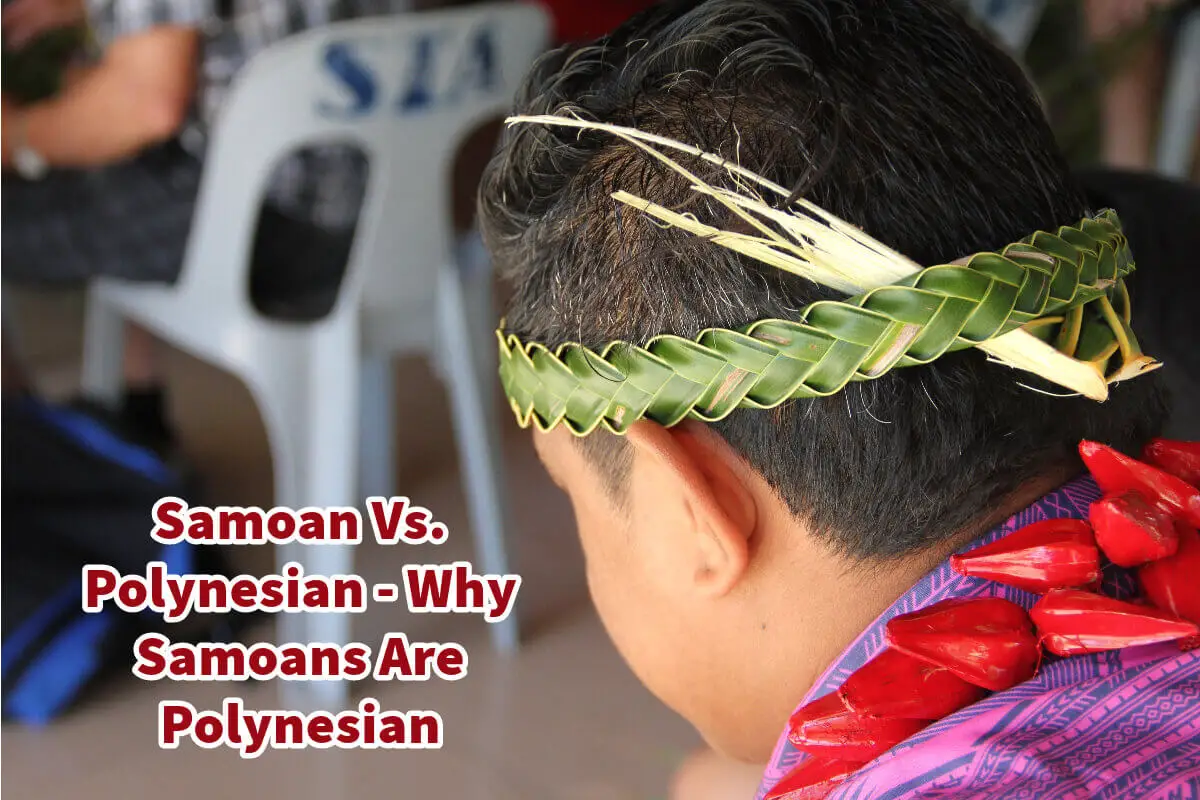During my transformative semester at Brigham Young University Hawaii, I was fortunate to forge enduring friendships with several Samoan peers. Immersed in a melting pot of cultures, it became clear that the Samoan identity is an integral thread in the vibrant fabric of Polynesian heritage.
The distinctions and commonalities within the Samoan culture are as intricate and compelling as the patterns on a traditional tapa cloth. From sharing meals to participating in cultural festivities, I experienced firsthand the warmth and richness of the Samoan way of life. Their traditions, stories, and values offered me a deeper appreciation for the vast and diverse Polynesian cultural landscape, of which they are a proud and distinguished part.
Table of Contents
- Understanding The Distinctive Cultural Tapestry: Samoan Heritage Within The Polynesian Context
- Related Questions
Understanding The Distinctive Cultural Tapestry: Samoan Heritage Within The Polynesian Context
The Pacific Ocean, with its myriad of island cultures, holds a treasure trove of traditions and heritages that beckon closer examination. Among these, the Samoan islands present a vivid cultural mosaic deeply embedded within the broader expanse of Polynesian history.
This exploration seeks to clarify what it means to be Samoan, how this identity aligns and differs from the general Polynesian heritage, and the unique aspects that make the Samoan culture stand out in the rich tapestry of the Pacific.
Polynesian Roots: A Primer
Polynesia, derived from the Greek words ‘polys’ meaning ‘many’ and ‘nēsos’ meaning ‘island,’ is a sub-region of Oceania, comprised of over 1,000 islands scattered over the central and southern Pacific Ocean.
The term ‘Polynesian’ refers to the people who inhabit these islands, and they share common traits in language, culture, and social structure, descendants of a common ancestral community known as the Lapita, seafaring explorers who spread out into the Pacific from the western islands of Melanesia.
Polynesians are known for their navigational skills, traversing vast oceanic expanses using only the stars, ocean currents, and bird flight patterns as guides. This heritage is woven into the languages and cultural practices of the various Polynesian islands, which, while distinct in their expressions, share this deep-rooted connection to the sea.

Samoan Identity Within Polynesia
Samoans represent a central identity within the Polynesian family. As ethnic Samoans make up about ninety percent of the population, their heritage is predominantly Polynesian, and their customs, social structures, and language deeply reflect this lineage.
The Samoan language is one of the oldest of the Polynesian tongues and has kinship with Maori, Tahitian, Hawaiian, and Tongan languages, signifying a shared linguistic history.
Samoans hold a profound connection to their maritime traditions, evidenced in their language, with specific names for ocean currents, winds, landforms, stars, and navigational directions.
Even the nuances of verb forms in Samoan denote the relative positions and movements of objects, illustrating the intricately detailed and practical knowledge of their environments passed down through generations.
Language And Expression In Samoa
Samoan serves as the official language of Samoa, reflecting the country’s strong cultural identity. Legislative and official activities are conducted in both Samoan and English, underscoring the importance of bilingualism in modern Samoan society. English, as a second language, is prevalent and is used in education and commerce, allowing for engagement in the global community while preserving the integrity of the Samoan language.
Faith And Community
The indigenous religion of Samoa was historically pantheistic, emphasizing the sacredness of nature and ancestral spirits. Family elders carried significant spiritual roles, maintaining the societal equilibrium through rituals and traditions. However, with the advent of European contact,
Christianity rapidly took root in the archipelago. Today, Samoans predominantly identify as Christian, with the Congregational Christian Church of Samoa holding a substantial following. Other denominations like Roman Catholicism, The Church of Jesus Christ of Latter-day Saints, Methodists, and various Pentecostal and evangelical groups also have significant presence.
Churches, often large and architecturally impressive, dot the Samoan landscape, serving as both spiritual and community centers. The adoption and adaptation of Christianity in Samoa have not erased pre-Christian beliefs and practices; instead, they have intertwined, creating a unique religious fabric that respects ancestral traditions while embracing new faith perspectives.

Samoans In The Global Context
Samoans have contributed significantly to global culture, particularly in sports, arts, and community leadership. Their warrior spirit is renowned, finding expression in the international rugby scene where Samoan players are celebrated for their skill and tenacity.
The Samoan diaspora, spread across New Zealand, Australia, the United States, and beyond, continues to enrich these societies with their cultural heritage, robust community values, and a deep sense of familial bonds.
Understanding the nuances of Samoan culture, particularly its relationship with the broader Polynesian context, is vital not only for anthropological appreciation but also for recognizing the rich diversity of human cultural expressions.
The unique social structures, languages, customs, and belief systems of the Samoan people offer a window into the past and a lens through which to view the complexities of identity in the modern world.
The differences between Samoan and general Polynesian heritage are like the subtle variations in a family resemblance: each with its distinct features and personality, yet unmistakably part of the same lineage.
As the world becomes increasingly globalized, recognizing and preserving such cultural distinctiveness becomes critical. Through understanding and respecting these differences and similarities, we can celebrate.
At A Bus On A Dusty Road, we talk about everything about travel, life, and ex-pat living. We are all about “Living Life As A Global Citizen.” We explore social, cultural, and economic issues and travel.
We would love to have you be part of our community. Sign up for our newsletter to keep up-to-date by clicking here. If you have any questions, you can contact me, Anita, by clicking here.
Listen to our Podcast called Dusty Roads. You can find it on all major podcast platforms. Try out listening to one of our podcasts by clicking here.
Subscribe to our A Bus On A Dusty Road YouTube Channel filled with great videos and information by clicking here.
Related Questions
What is Heritage Travel? Helping You Get The Most Out of Heritage Travel
Heritage travel is about immersing yourself in another culture, time, or place. It is about reconnecting to your past, present, and future. The correct way to travel with heritage travel is to make sure you take the time to research and plan your journey.
By clicking here, you can discover What is Heritage Travel? Helping You Get The Most Out of Heritage Travel.
Is Vietnam Safe For Tourists? Tips To Stay Safe In Vietnam
Vietnam is a safe place for tourists to travel. But like any country in the world, there are precautions that you need to take to ensure your safety. Most Vietnam crimes are considered crimes of opportunity; someone may see your backpack is not secure, so they will grab it. To stay safe in Vietnam, remain vigilant and use your common sense.
To learn more, you can read our blog on Is Vietnam Safe For Tourists? Tips To Stay Safe In Vietnam by clicking here.
The Benefits And Disadvantages Of Heritage Tourism
There are many benefits and disadvantages to heritage tourism. Heritage tourism can be a fantastic way to discover another culture, location, or history. But if it is done incorrectly, it can be a disaster not just for the culture but also for the society and may bring irreversible environmental issues.
To learn more, you can read our blog on The Benefits And Disadvantage Of Heritage Tourism by clicking here.


